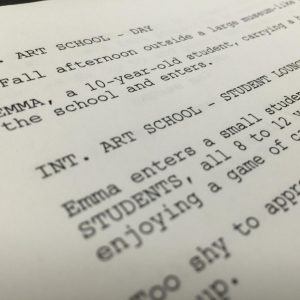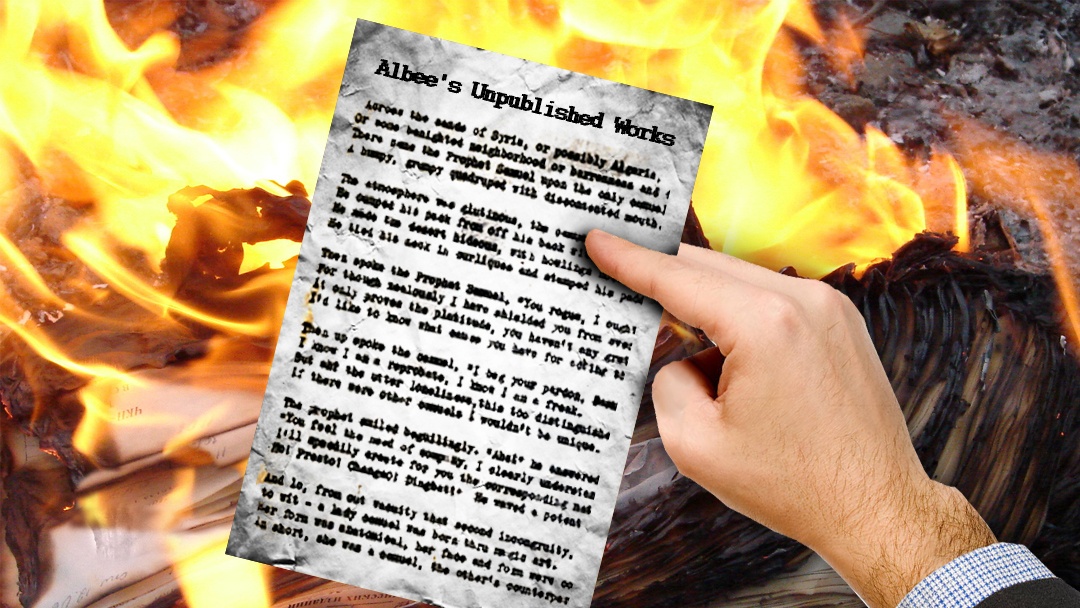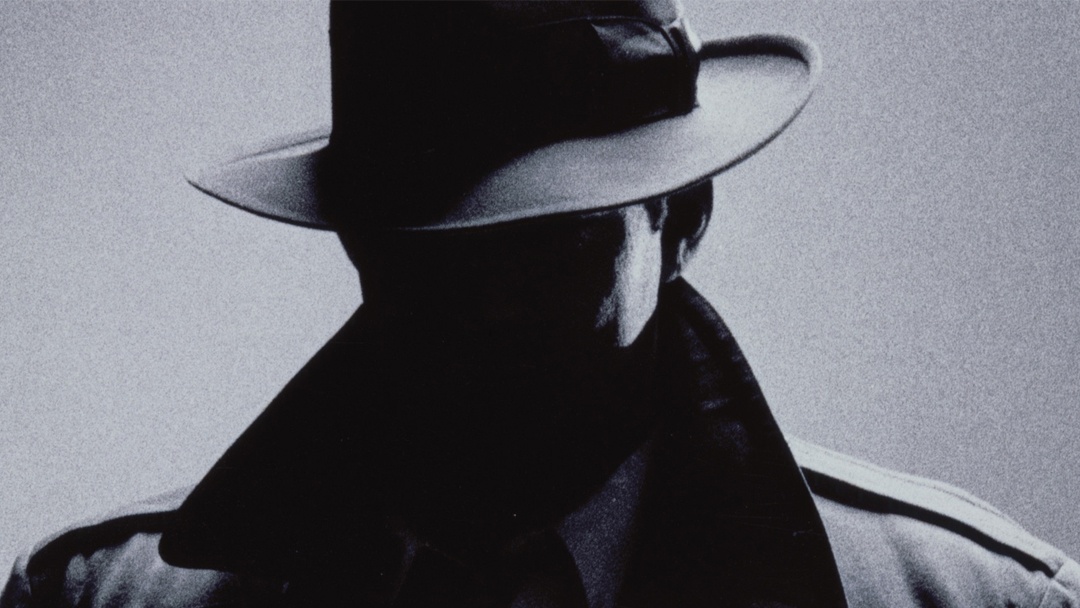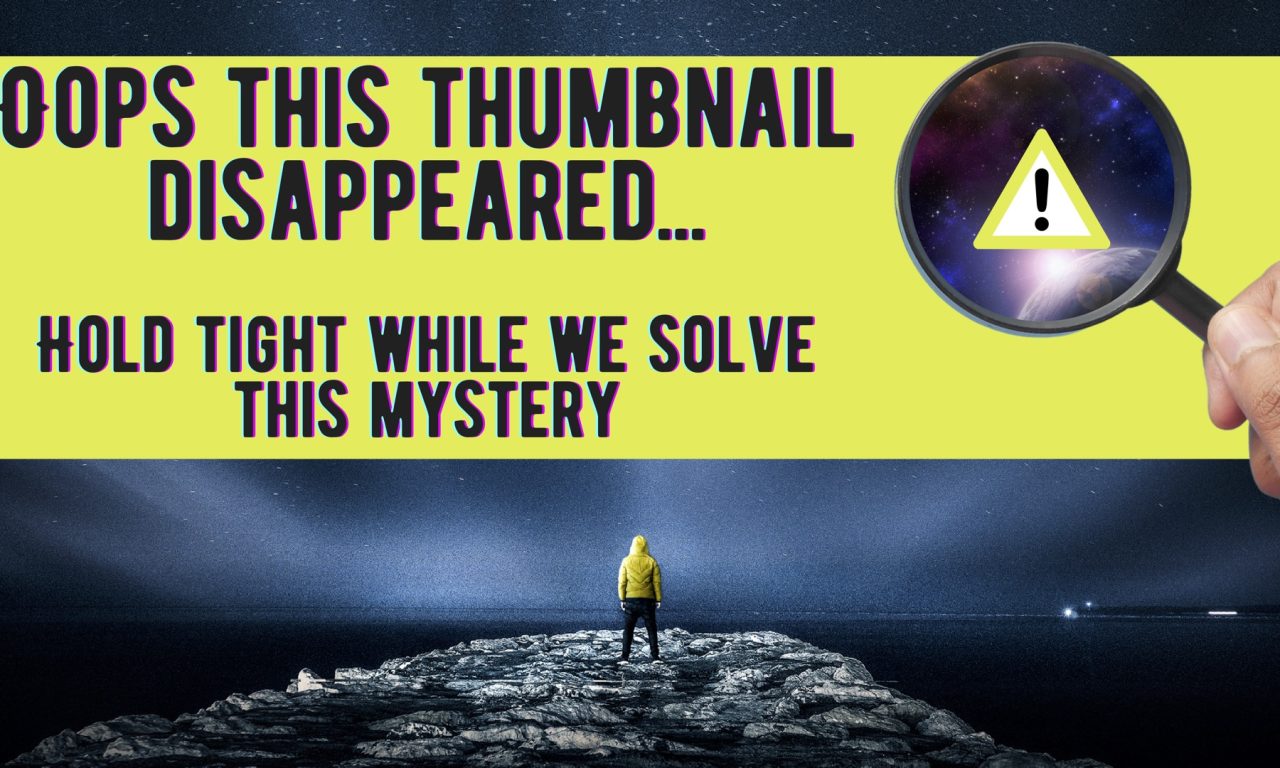The iconoclastic playwright Edward Albee died in 2016, leaving instructions to the executors of his will that they destroy any unpublished work they may find. The nation’s newspaper of record ran an article in July of 2017 discussing the morality of following the letter of “dead hand control,” versus honoring future historians and students of literature.
For now, the impact of Albee’s will is a mystery. The executors — an accountant, Arnold Toren, and a designer, William Katz, both longtime friends of the playwright — declined through a spokesman to answer questions. They would not discuss whether any papers had already been destroyed.
 Perhaps unpublished works are like a diary, strictly of a private nature unless and until the author decides otherwise. If we set aside our voyeurism, the natural curiosity that drives us, we can probably side with the intent of the executors. Every indication thus far is that they intend to honor Albee’s wish in death. His unfinished works may simply not be made available for public consumption.
Perhaps unpublished works are like a diary, strictly of a private nature unless and until the author decides otherwise. If we set aside our voyeurism, the natural curiosity that drives us, we can probably side with the intent of the executors. Every indication thus far is that they intend to honor Albee’s wish in death. His unfinished works may simply not be made available for public consumption.
Documents unseen of course will forever whet the appetite to know. What direction did the writer’s psyche take in his later years, what contributions would he have made if he’d considered his last works worthy of publication? We find painful the not knowing, staring at a small treasure chest that can’t be broken into.
Perhaps as Katz or Toren lay dying one day, about to breath their last, someone will lean in close and ask, “What was there? Just what did Edward Albee leave behind?”












